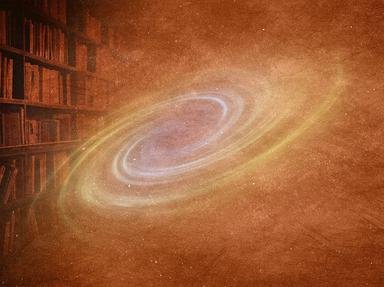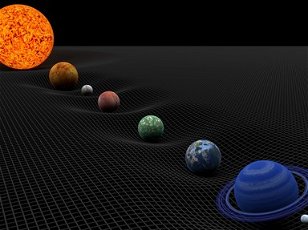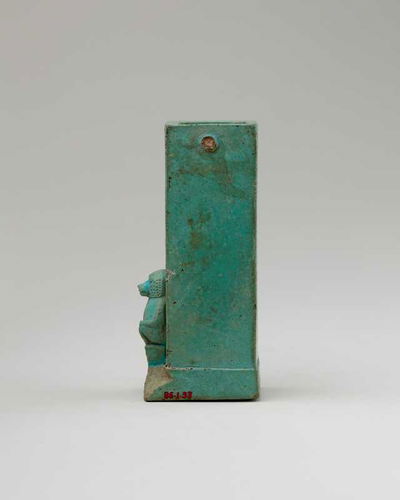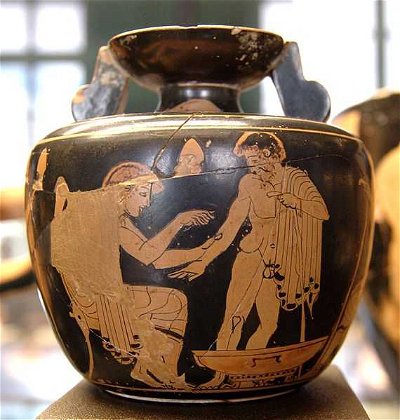27. In 1747, James Lind performed one of the first-ever clinical trials, aboard the ship HMS Salisbury. After two months at sea, a daily ration of two oranges and a lemon cured two sailors of what deadly illness?
From Quiz Eloquent Experiments
Answer:
Scurvy
Scurvy is a disease of malnutrition. Unlike many other animals, human beings can't synthesize Vitamin C, but we do need it in order to make collagen, which is a critical protein in our connective tissues. Without Vitamin C, scurvy slowly develops, beginning with lethargy and continuing on through even worse symptoms, including bleeding gums, jaundice, convulsions, and death. Over time, greens and citrus fruits -- rich in Vitamin C -- gained a reputation as folk remedies for scurvy, but huge numbers of sailors and travelers still died of the disease.
Lind (1716-1794) was the ship's doctor on the Salisbury when he took six pairs of sailors who were dying of scurvy, and added a different supplement to the diet of each pair -- a clinical trial of different remedies, and thus the forebear of modern medical research. The citrus fruits were the clear winner, although problems with cost and availability meant it would be decades more before citrus was routinely available to sailors.










 Quick Question
Quick Question
